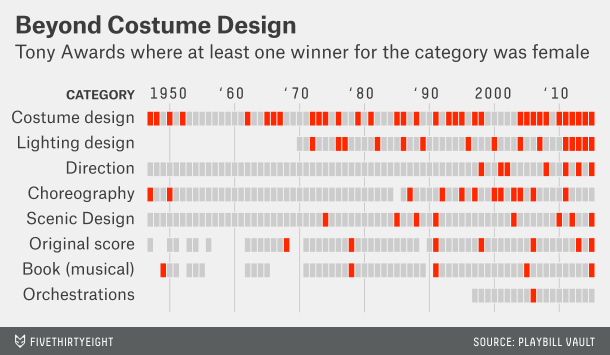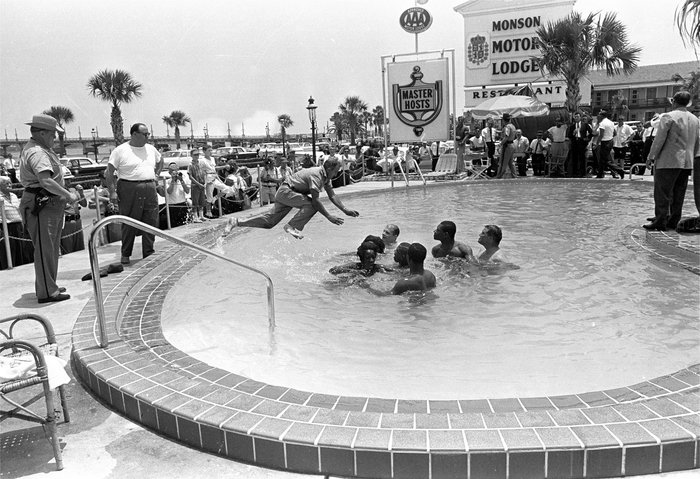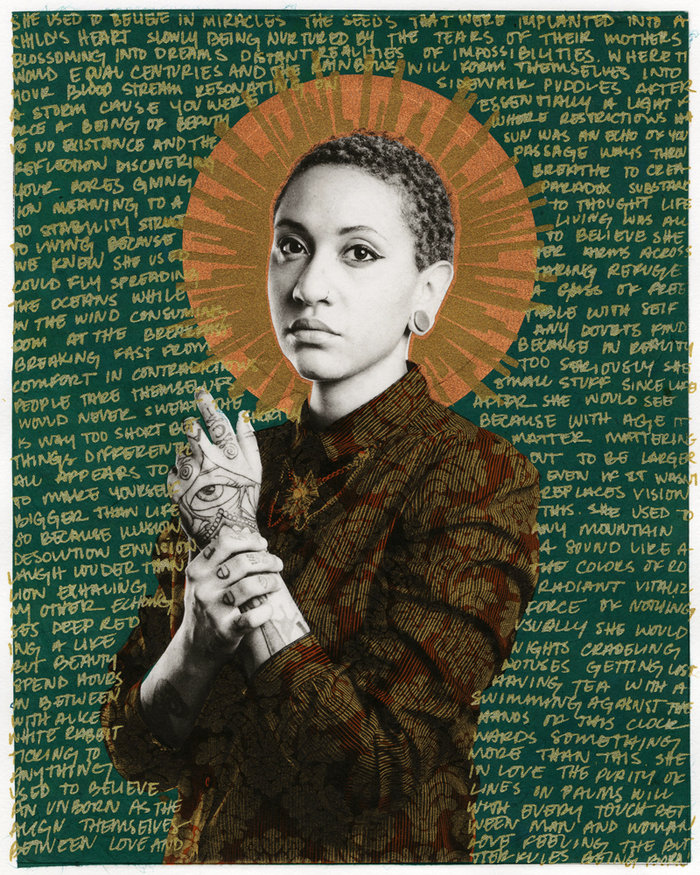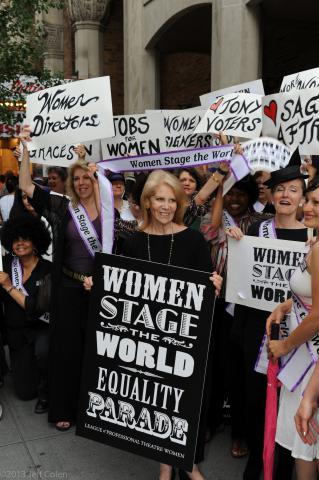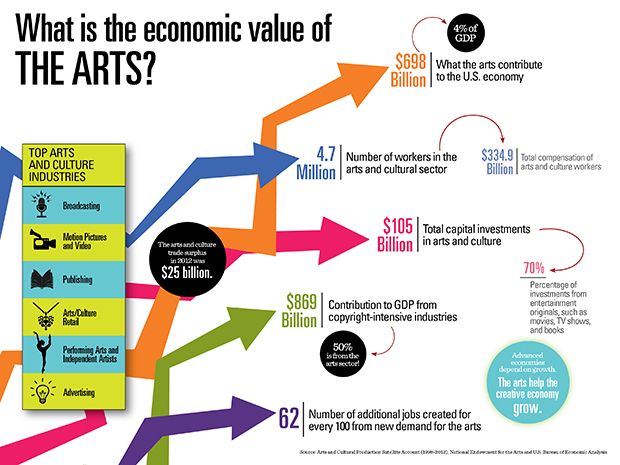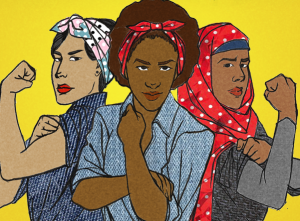We recently kicked off the newest iteration of C1 PlayLab, and in the coming months, we’ll be using some of our time during our PlayLab Master Classes to discuss big ideas and current issues that are relevant to working playwrights. This month we are exploring the themes of Character and Identity — here are a few pieces of writing that will serve as a springboard for our conversation during this month’s PlayLab session.
♦♦♦♦♦
My Parents Were Tiger People: christopher oscar peña chats about writing race with A. Rey Pamatmat via HowlRound
A. Rey Pamatmat is our PlayLab guest this month, and this conversation is a great one to get us thinking about how one’s personal identity and experience can impact a play, as well as what it means to craft characters from a variety of backgrounds:
People need to be okay with labels evolving and redefining themselves. I also wish plays were experienced on their own. The context of the writer’s identity is totally exciting…afterward. Let that add to the conversation, not be it.
♦♦♦♦♦
Artistic Authority Series – Part One and Part Two via Jacqueline Lawton’s blog.
In these two posts, playwrights Kia Corthron, Jorge Ignacio Cortiñas, Kristoffer Diaz, Marcus Gardley, and several others all offer their thoughts on the ethics of writing characters from a different racial or ethnic identity than one’s self.
Are we ethically entitled to write outside of our own ethnicity (however we define any of those loaded terms)? If we do, are there any ground rules? Are we obligated to educate ourselves (even minimally) about a culture before assuming the authority to give voice to characters of that culture? Or is any such suggestion a hindrance to the creative process, at worst tantamount to censorship?

